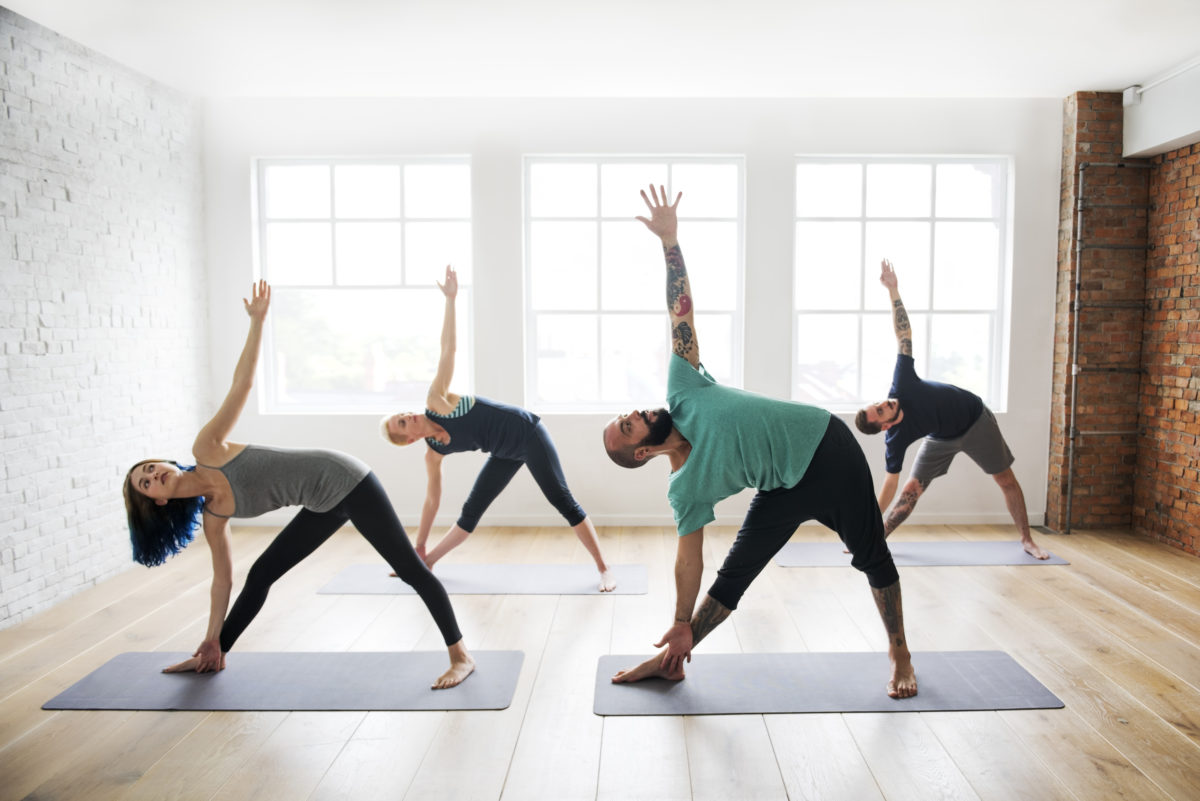There are lots of reasons why we practice yoga. Some of us first came to yoga to reduce stress, some wanted to lose weight, tone our muscles or get more flexible. Yoga offers wide-ranging physical health benefits that get constantly proven by scientific research. Those benefits are both short and long term, which makes yoga an all-round beneficial practice.
“Here’s what happens to your body after days, months and years of yoga”
After Class:
- Lower Stress Levels. Yoga calms body and mind, reducing your stress levels. According to research, yoga’s stress-busting powers may come from its ability to lessen the activity of proteins that are known to play a role in inflammation.
- Increased Flexibility. No rocket science: the more you stretch your muscles, the more flexible to become.
- Improved Brain Function. Just 20 minutes of yoga can improve cognitive function, boosting focus and working memory.
- Alter Gene Expression. Studies suggest yoga’s ability to alter gene expression in immune cells, strengthening the immune system.

After A Few Months:
- Weight Loss. Just a few months of yoga can help decrease body mass index, even with no diet changes.
- Anxiety Relief. A 2010 Boston University study showed that 12 weeks of yoga could help to reduce anxiety and increase gamma-aminobutyric (GABA) levels in the brain (low levels of GABA have been linked with depression and anxiety disorders).
- Lower Blood Pressure. Research confirms that yoga can help to lower blood pressure levels in a more effective way than walking/nutrition/weight counseling.
- Reduced Chronic Pain. Different studies have proven the reduction of various kinds of pain after a few weeks of yoga that stresses proper alignment. In some cases, yoga can reduce pain more effectively than an standard medical treatment
- Improved Lung Capacity. After a few months, yoga can increase vital lung capacity (one of the components of lung capacity), which is the maximum amount of air exhaled after taking a deep breath.
- Improved Sexual Function. A 2009 Harvard study showed that yoga could boost arousal, desire, orgasm and general sexual satisfaction for women.
- Steady Blood Sugar Levels in People with Diabetes. Adding yoga to a typical diabetes care regimen could result in steady blood sugar levels, according to a 2011 Diabetes Care study.

After Years:
- Healthy Weight. Research backs the fact that there’s an association between a regular yoga practice and decreased (or at least maintained) weight.
- Stronger Bones. Studies show that practicing yoga can improve bone density among older adults.
- Lower Risk Of Heart Disease. As part of a healthy lifestyle, yoga may lower cardiovascular risk factors such as high blood pressure, cholesterol and blood sugar, according to Harvard Health Publications.
So… what are you waiting for? Pick a video from our online studio and jump on the mat!
Have questions? Find me at @soniaribascoach to chat!
Information Source: The Huffington Post


